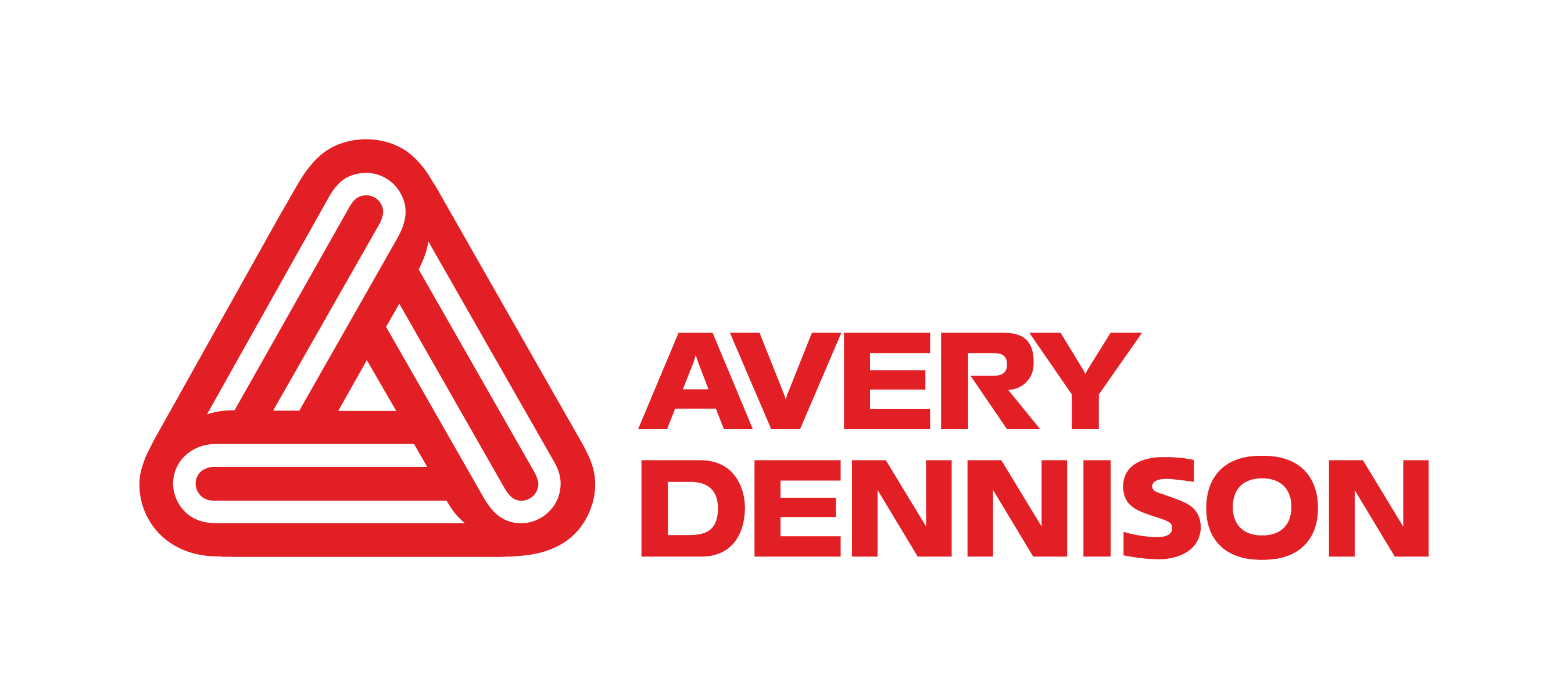Turning appreciation into action
To achieve real results, we translate our appreciation of diversity into action. Over the past few years, we have focused heavily on modernizing our hiring practices and making them more inclusive. We have also developed a holistic and robust global DE&I strategy.
The goals of our global DE&I strategy are to:
Increase the diversity of our employees to ensure a mosaic of voices and better represent the communities in which we work;
Create an environment of involvement, respect, and connection for all employees;
And ensure fair treatment and equitable access to opportunities for all employees.
This strategy is organized around four pillars, each of which have concrete objectives:
Women leaders: Increase representation of women in leadership positions across diverse pools of talent
DE&I for underrepresented groups: Increase DE&I across regions; priority populations and actions are determined by each region
Fairness: Make merit and transparency foundational to our processes and ensure that advancement is based on measurable performance
Inclusion of manufacturing employees: Increase inclusion of manufacturing employees within our employee community
Empowering employees to contribute
We empower our employees to contribute to our DE&I journey, for example, through Employee Resource Groups (ERGs). These bring together employees who share interests and a desire to make our company more open and inclusive. Worldwide we currently have 24 ERGs focused on women, employees of color, LGBTQI+ employees, and more, comprising 1700 members.
Our regional DE&I councils play a pivotal role as well, by acting as advisory boards and enabling our businesses to advance diversity and inclusion in the ways most relevant to local needs and cultures. They seek to identify and remove barriers to inclusion while advocating for change in how we attract, develop, and retain people with diverse talents and backgrounds.
Increasing female leaders in EMENA
While every pillar in our DE&I strategy is important, priorities vary across regions. In EMENA, one of our focus areas is increasing representation of women in leadership positions.
Across Avery Dennison, we are currently at 36% women at manager level and above and our goal is to reach 40% by 2030. In EMENA we have seen a gradual increase in recent years and are well on track to reach the 40% target by 2030.
This progress is the result of several activities:
We held round table discussions with female and male employees to understand the barriers they see and encounter.
Based on these discussions, a global sponsor- and mentorship program was started to empower women and help them make the next step in their careers.
We set a global standard for candidate diversity based on gender, with a minimum of 50% women proposed to hiring managers for consideration for positions at manager level and above.
We are piloting a gender allyship program called MARC (Men Advocating Real Change). So far more than 100 managers (80% men and 20% women) have gone through the program.
We are also developing a complementary inclusive hiring practices training to ensure that managers understand how our recruitment process works and its goals.
Collaboration has been fundamental to our progress. We enlisted the help of our female-focused Empower ERG in our round table discussions, then worked with internal functions like Talent Acquisition to build programs around what we learned. We also partnered with nonprofit Catalyst to implement their MARC program.




